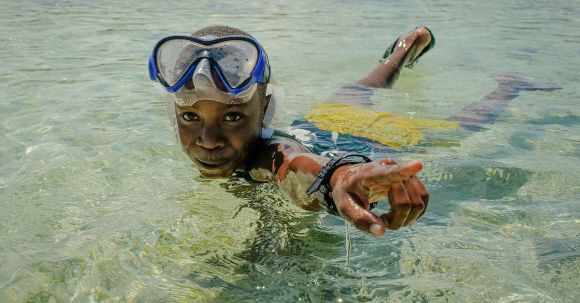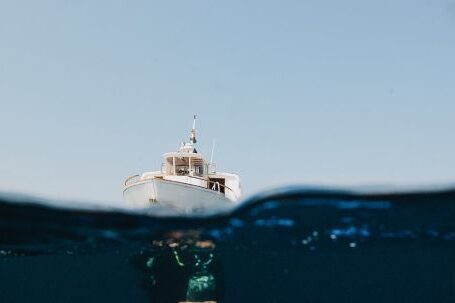Diving is an exhilarating and awe-inspiring activity, allowing us to explore the mysterious depths of the underwater world. However, it is crucial to prioritize safety when embarking on any dive. To ensure a safe and enjoyable experience, divers must master the essential principles of dive safety. This comprehensive guide will provide divers with the knowledge and skills necessary to navigate the underwater realm with confidence.
Understanding Dive Planning and Preparation
Proper dive planning is the foundation of dive safety. Before entering the water, divers must conduct a thorough assessment of the dive site, taking into account factors such as water conditions, depth, and marine life present. This information allows divers to plan their dive accordingly, ensuring they have the necessary equipment and knowledge to handle any situation that may arise.
Equipment Inspection and Maintenance
Regular equipment inspection and maintenance are vital to dive safety. Divers should regularly check their gear for signs of wear and tear, ensuring that it is functioning correctly. This includes inspecting the regulator, BCD, dive computer, and other essential equipment. Regularly servicing and replacing equipment as needed will help prevent equipment malfunctions underwater, reducing the risk of accidents.
Buoyancy Control and Proper Descents
Maintaining proper buoyancy control is crucial for diver safety. Understanding how to achieve neutral buoyancy allows divers to conserve energy and minimize the risk of inadvertently damaging the underwater environment. Additionally, mastering proper descent techniques, such as equalizing the ears and controlling the rate of descent, helps prevent injuries and discomfort.
Buddy System and Communication
Diving with a buddy is an essential safety practice. Having a reliable diving partner provides an additional layer of security and support. Divers should establish clear communication signals before each dive, ensuring they can effectively communicate underwater. Regularly checking in with your buddy throughout the dive is essential to ensure everyone’s safety and well-being.
Emergency Procedures and First Aid
Being prepared for emergencies is a critical aspect of dive safety. Divers must familiarize themselves with emergency procedures, such as the ascent protocol, buddy breathing, and underwater navigation techniques. Additionally, all divers should be trained in first aid and CPR, as these skills can be lifesaving in the event of an accident.
Environmental Awareness and Conservation
Respecting and protecting the underwater environment is crucial for dive safety and the preservation of marine ecosystems. Divers should avoid touching or damaging coral reefs, refrain from disturbing marine life, and never remove anything from the ocean. By promoting responsible diving practices, we can ensure the longevity of our oceans for future generations to enjoy.
Conclusion: Embracing Dive Safety as a Way of Life
Mastering dive safety is an ongoing journey that requires continuous learning and practice. By understanding and implementing the principles discussed in this guide, divers can minimize risks and enhance their overall diving experience. Remember, dive safety is not just a set of rules to follow but a mindset to embrace. Let us all strive to become responsible and knowledgeable divers, showcasing the beauty of the underwater world while prioritizing its preservation.





